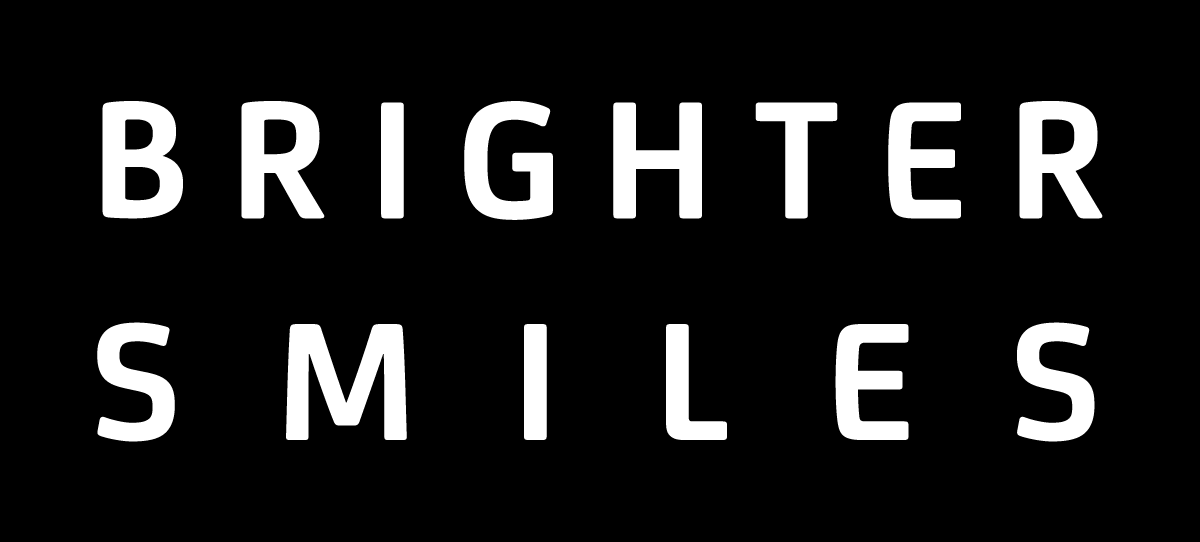Social entrepreneurs are resilient with skills and mindset to create solutions.

The world of work is changing rapidly. The pandemic has led us to a new way of living. Social entrepreneurs are resilient with skills and mindset to create solutions. Due to increasing pressure to achieve sustainability objectives, designers have also proven to be excellent in addressing challenges and to apply their design processes to problem solving. We believe that designers have skills to act upon ideas and opportunities in challenging times. Sustainable and inclusive economic growth depends on knowledge and innovation. Designers have comprehensive understanding of research methods for collecting knowledge and when meeting challenges, they have a unique drive and capacity in creating and innovating solutions. These are key competences which align with a social entrepreneurial mindset.
Designers have now, more than ever, an important role to inspire the world to tackle and solve societal problems. the social mandate of the design industry has strengthened, which presents great opportunities for the fashion design industry to rise and become experts in innovative solutions for sustainable development.
Sustainable and inclusive economic growth depends on knowledge and innovation. Brighter Smiles wish to co-create with partners that can identify social and economic challenges in their local communities and wish to explore solutions for change. Businesses and society need people with the skills required to compete and provide high-quality goods and services.
Sustainable production and usage of local resources will become more important than ever. Brighter Smiles assist social entrepreneurs through the whole value-chain, from idea-, production to consumption, and basing our work on sustainable principles and circular economy.
We run advisory services for social entrepreneurs and entrepreneurs in different regions and host various entrepreneur courses. We do assessments of business plans, market research and analysis, hold lectures, give general advice to social entrepreneurs who are starting up and follow up.Together with our partners and stakeholders, we redefine success in growing up and inspire every young person to become a changemaker.
Brighter Smiles challenge the concept of welfare. How can we define solutions that promote welfare for the individual-, family-, local- and global community? We aim to transform ideas into policy for a good society. New indicators through research and development could help change our political priorities so we can apply good causes for social justice and sustainable development. In order to do so, our Research and Development (R&D) and data collection methods are an integral part in all our projects.
We are actively working to create user-directed research and data collection. New businesses often develop out of existing industries combined with new knowledge and new market opportunities. To create innovation and increased value creation, we work with linking different expertise and networking between R&D and business.
An important approach in many of Brighter Smiles’ projects is to create a meeting place and a network between research, education and industries.
Brighter Smiles believe VET can play a central role in preparing young people for work-, developing the skills of adults- and responding to the labour-market needs of social prosperity. We offer a range of vocational programmes that offer opportunities for all and minimise dropout.
The programmes are linked to workplace training, formal apprenticeships and alternating on-the-job learning with school-based training. Practical and work-based vocational programmes are very effective at engaging young people who have previously become disenchanted by academic education.
Brighter Smiles adapt the European approach to mainstreaming the usage of micro-credentials as it is important from an economic point of view, and for the societal mission of education. It can complement the more traditional ways of learning and teaching to best prepare learners for active citizenship. Educational innovation can also be stimulated through micro-credentials, as they provide avenues for a better accessibility of new types of learners to acquire high-level skills.
We are adapting the shared definition of micro-credentials that are common to all the sectors in Europe and the transparency of qualifications through ‘European Qualifications Framework’. Our aim is to adapt the European approach to our partner countries in India and Africa as this approach are key for the recognition of a unified credential system within and across borders.
We approach our projects with the method of Theory of Change. Theory of Change is a comprehensive description of how and why a desired change is expected to happen in a context. Brighter Smiles do this by first identifying the desired long-term goals and then work back from these to identify all the conditions (outcomes) that must be in place for the goals to occur. Through this approach the precise link between activities and the achievement of the long-term goals are more fully understood. This leads to better planning, in that activities are linked to a detailed understanding of how change happens. It also leads to better evaluation, as it is possible to measure progress towards the achievement of longer-term goals.
